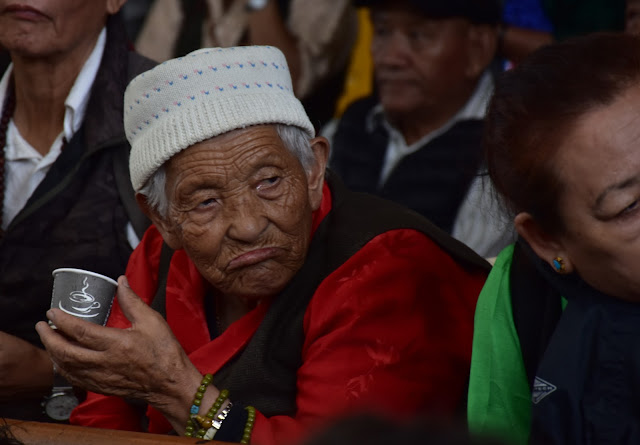Nation-building is a sacred job which we carry out collectively and as well as Individually. It can never be
accomplished unless you have immense love for the land you are born in.
I think and ardently believe that no
research should be carried which goes against the core spirit of a nation, and
no researcher should fail to imagine his role in the broader framework of
nation building, as a nation is built by the people who contribute positively
towards overcoming problems and challenges a nation is facing.
After we succeeded in disintegrating East
and West Pakistan in 1971, Pakistan reeled under huge pressure to enhance its
military power. Pakistan’s nuclear ambition also became a big problem for
India’s security. But our great scientists like Homi J. Bhabha, Vikram Sarabhai
and A.P.J. Abdul Kalam with their scientific research contributions gave us
confidence that we are not only capable of guarding our people and land against
our annoying neighbours like Pakistan, but are also capable of giving a befitting
reply to every evil move they make against us.
We researchers love problems more
than solutions. Most of our time goes into finding problems. Pakistan was a
problem founded back in 1947, and we are still looking for military and
political solution to handle this problem. Indian researchers in the field of
defence and international politics have suggested several solutions which our
nation is still working on.
Prime Minister Shri Narender Modi in
his recent speech while talking about Rashtriya Jal Jeevan Mission underlined a
fact that “in the last 70-72 years, only 3.5 crore Indian rural households were
given functional tap-water. We have a total of 18.5 crore households, which
means we have to cover 4 times more households in next 5 years.” Now you tell
me can this mission succeed without research assistance? India is a
geographically and topographically diverse nation. That topographical
dissimilarity creates problems for policy makers because a single policy cannot
be universally implemented. Every area has specific needs and requirements. These
should be known. Now who will work for this? It’s the primary job of
researchers to carry out researches to find out what are those area-specific
requirements which need to be dealt with while implementing a policy.
Let’s take up another example-
Terrorism. Over the past decade, terrorism has killed an average of 21,000
people worldwide each year. Our country also has been a victim of this menace.
You must have heard about ISIS. It has run a worldwide campaign on social media
to recruit people. Studies have suggested that ISIS has succeeded in virtually
radicalizing youths. And, how a person gets radicalized is a socio-psychological
matter which really needs to be investigated.
We are also facing challenges in
health, education and economic sector. It is the primary duty of researchers of
these fields that they work honestly to contribute towards the resolution of
those challenges.
It’s a common understanding that a
strong nation cannot be built in a day. Nation cannot be built by one or by a
few. Nation building is a long process and every individual needs to make sure
that truly and surely, they have contributed to this sacred task of national
building. Researchers are no exception as already have been pointed out.
It’s the duty of a researcher that he
must ensure that his contribution in nation building cannot be without
maintaining honesty in his research work. Our nation spends around one lakh
crore rupees every year on education and research. Isn’t this the duty of all
who ever is involved in research and academic activity that every penny of that
amount is utilized and not wasted?
This is how research can contribute
to nation building.













